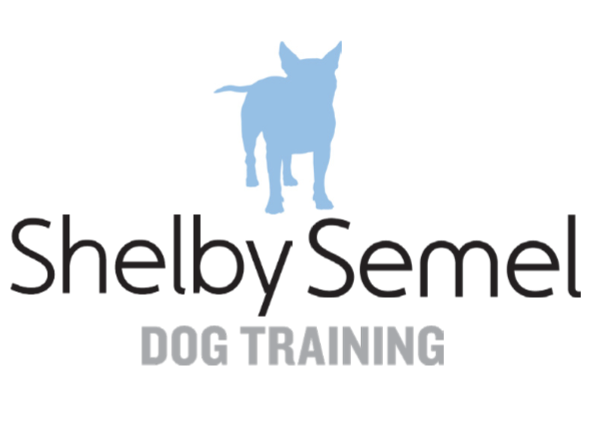How to Find your New Best Friend: Part Two
/Top 5 Signs You’ve Found a Reputable Dog Breeder
Rescuing a dog is not for everyone, and that’s fine. Some people may want a particular dog breed for training opportunities, like tracking, rally obedience, competition obedience, agility, barn hunting, etc. Others require a certain breed due to their own health issues, like allergies or lack of strength to handle a large breed.
So if you do decide to get your new best friend from a breeder, use the following Top 5 list to make sure you choose the right one!
5. Honest and Open Communication
Reputable dog breeders should have no hesitations in allowing you to tour where the puppies are being raised. Make sure that the environment is clean and well put together. You should be able to interact with the puppies and at least their mother to get an idea of the temperament of your potential puppy as it ages. Some breeders will also have the father on the premises, so make sure to meet him as well if you have the opportunity! Excellent breeders also want to keep in touch with you after you’ve purchased a puppy from them. They are excellent sources of information and can often be called upon for advice when you need it.
4. Contract
Just as in the previous post about responsible rescues, a responsible breeder will require all puppy purchasers to sign a contract. This contract will usually stipulate basic care for the puppy, when to have the puppy neutered (if purchased as a pet quality rather than show quality), and will often give the breeder the right to physically check in on the puppy to ensure he is being well cared for. The contract will also require that the puppy be returned to the breeder if you are no longer able to care for it. Often the contract also will provide a health guarantee for the puppy.
3. Breed Improvement
Breeders should be breeding with a goal of contributing to the breed, to improve the health, conformation, and/or temperament of the breed. To this end, breeders should be conducting health tests on their animals prior to breeding, and will often require health tests of the puppies when they reach the correct age. Common tests include those for hip and elbow dysplasia, and heart, eye and thyroid problems. Good breeders will not breed dogs that do not score well on these tests, and they also will not breed dogs who show troubling temperament issues, like fearfulness or aggression. Look for breeders that do not advertise unusual sizes of the breed (either very small or very large), and do not breed for “rare” coat types or colors as these often have corresponding health issues and do not fall within the breed standard. You should look for a breeder that regularly competes with his or her dogs, whether in conformation shows, agility, obedience, etc, and that has titled their dogs within these sports.
2. Age at Purchase
It is important that puppies remain with their mother and littermates until at least 8 weeks of age. Some breeds benefit from staying with their mother and littermates for longer, and these breeders will not make their puppies available until 12 or even 14 weeks of age. Make sure that you have done plenty of research on your breed of choice so you are aware which is the optimal age for your puppy to come home to you. During this time, puppies are learning important information, like social skills and bite inhibition, and removing them from their litter too early often leads to behavior problems, like aggression (to dogs or people), social deficits (inability to read or display proper social cues), and excessively hard bites even when in play.
1. Socialization and Training for Puppies
The most important quality of an excellent breeder is early and extensive puppy training and socialization program. Ideally, puppies should be raised in a home environment where they get to experience all the sights, sounds, and smells of home life so it is not a difficult transition when they go to their furever home. Responsible breeders will start crate training and potty training their puppies to ensure an easier transition to their new home. Excellent breeders will have arranged plenty of “puppy parties,” where a lot of varied people are invited over to help socialize the puppies, and introduce them to being handled by strangers. These puppies will also be exposed to different sounds, textures to walk on, uneven surfaces, different environments, and so on. You can find breeders who excel at socializing their puppies through the Puppy Culture website: https://www.puppyculture.com/
Let us know in the comments how you found your dog’s breeder!


